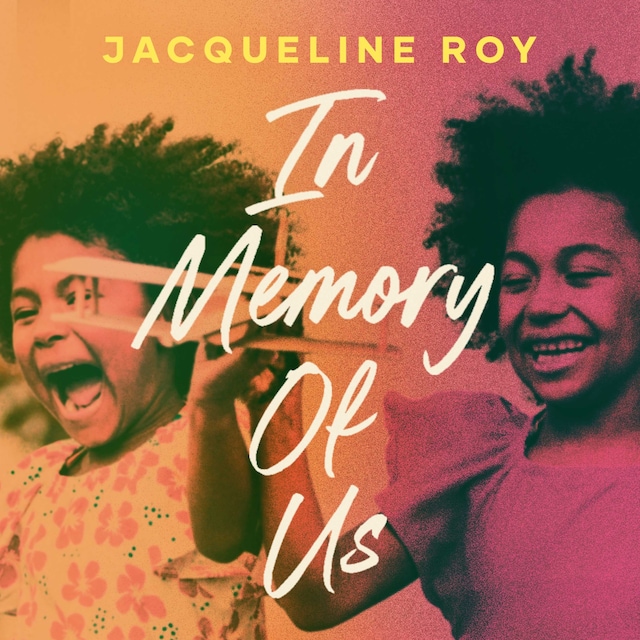
In Memory of Us
A profound evocation of memory and post-Windrush life in Britain
Beschrijving van het boek
What does it mean to remember?
Joined at birth, then pulled apart, Selina and Zora’s relationship is marked by a pattern of closeness and separation. Growing up in 50s’ and 60s’ London under the shadow of Enoch Powell, they are instinctively dependent on each other, and yet Zora yearns for her own identity. But in the eyes of the people around them, the twins are interchangeable.
They come as a pair.
They are Selzora.
Now in her seventies and living with the early stages of dementia, Selina is tracing shards of memory. She is intent on untangling the traumatic events of the past that changed the twins’ lives. Perhaps Lydia, who has reintroduced herself to Selina with sharp, cool charisma, will help her find answers. But even as Selina struggles to make sense of her memories, it’s all too clear that Lydia is hiding something.
In Memory of Us is a profound evocation of memory, and the strategies employed for illusion and survival in the wake of racism. It offers an often-overlooked insight into life as a Black Briton after the Windrush generation.
Praise for In Memory of Us:
‘This reflective study of memory and illusion as a survival technique is fascinating. Offering insight into life as a Black Briton after the Windrush generation, this thoughtful novel entertains and educates' Platinum
'Pacily written' The Observer
'A heartstring-tugging exploration of memory, grief and race in Britain. Roy's prose drips with poignancy and elegance; her characters come to life on the page and you have no choice but to surrender your heart to their journey' Elvin James Mensah, author of Small Joys
‘Jacqueline Roy’s poignant and deeply moving novel draws you into the unique world of living as an identical twin, and a mixed-race one in a deeply racist society at that…A deeply powerful read’ heat
'Around and within this tale of toxic friendship, sibling rivalry and betrayal, Roy unfolds a history of British race-relations . . . This is an important novel. Roy’s writing is both subtle and supple. In compelling but understated prose, she exposes inequalities of race, class and gender that corrupt our interpersonal relationships and our sense of self. In her novels, Roy demonstrates that the personal is always political. Here, she also reminds us of the necessity of facing the past to understand the present' Judith Bryan


